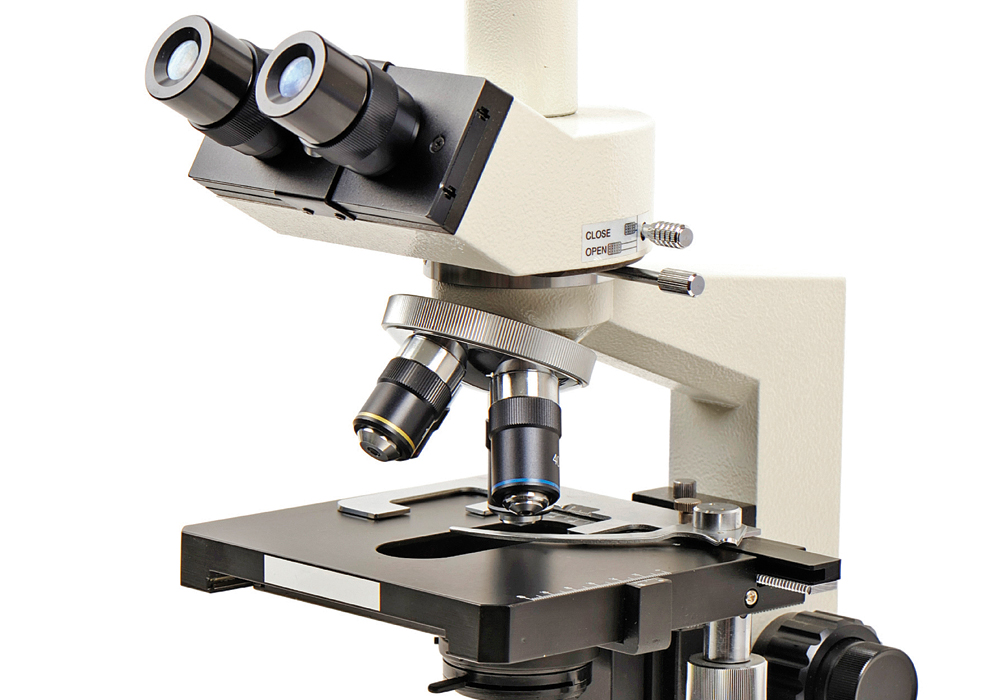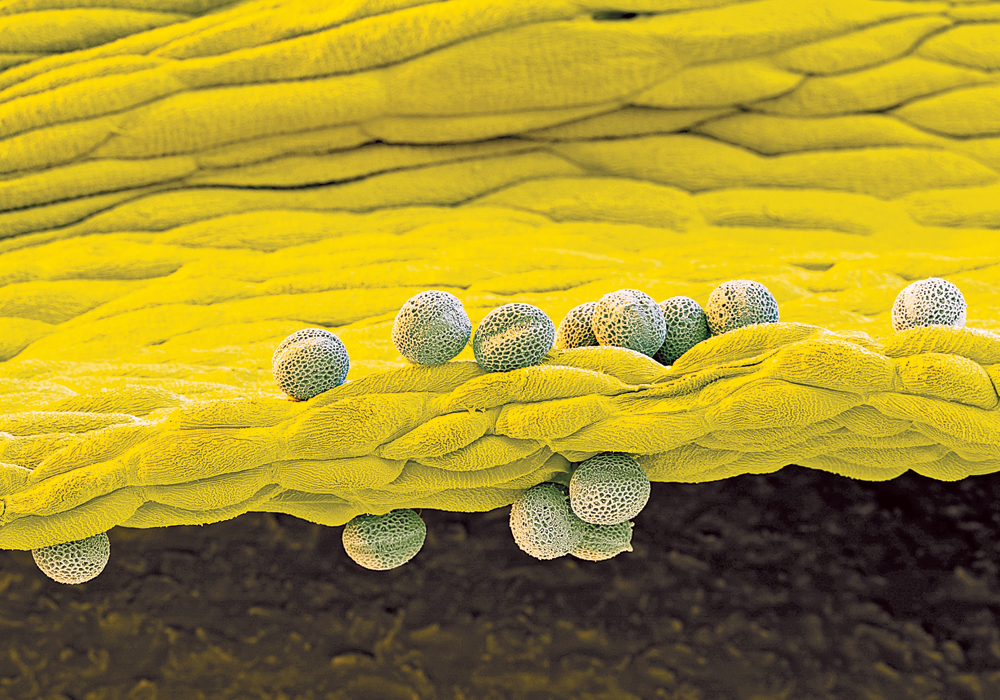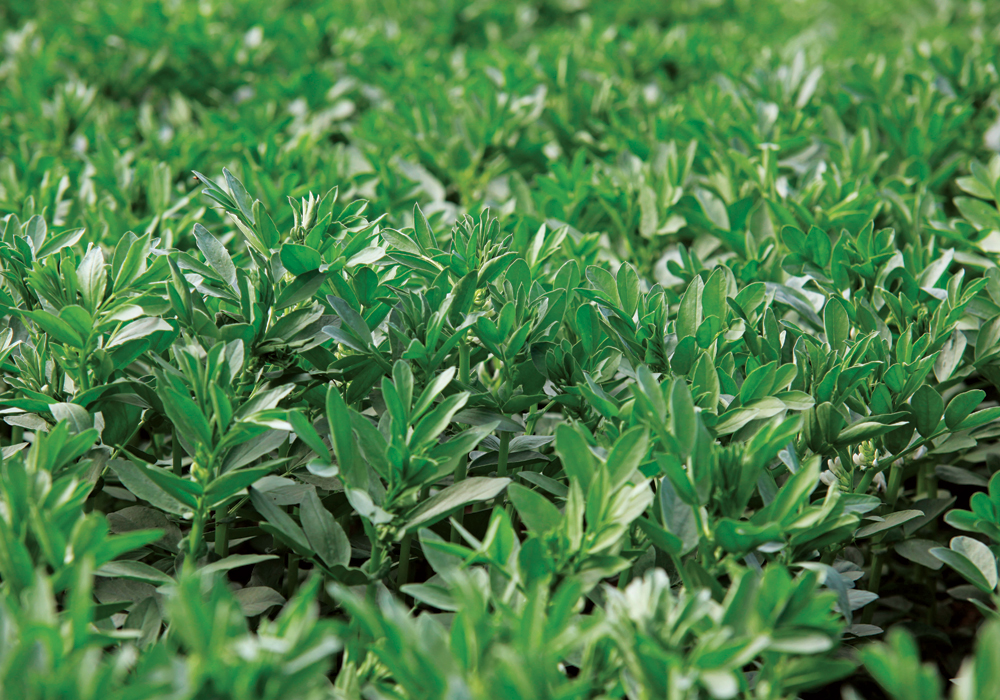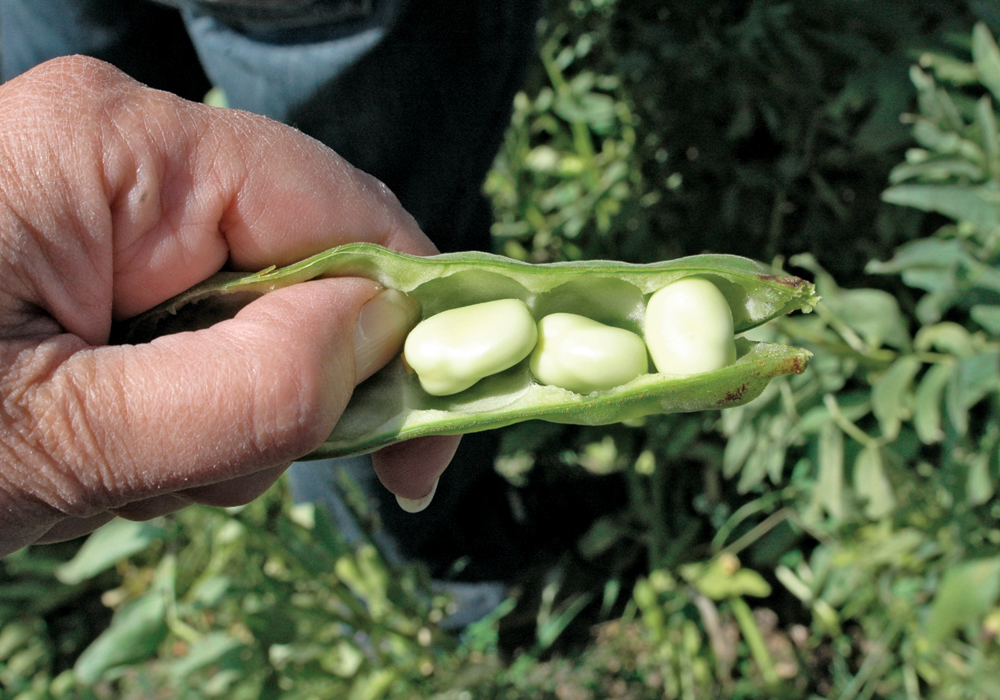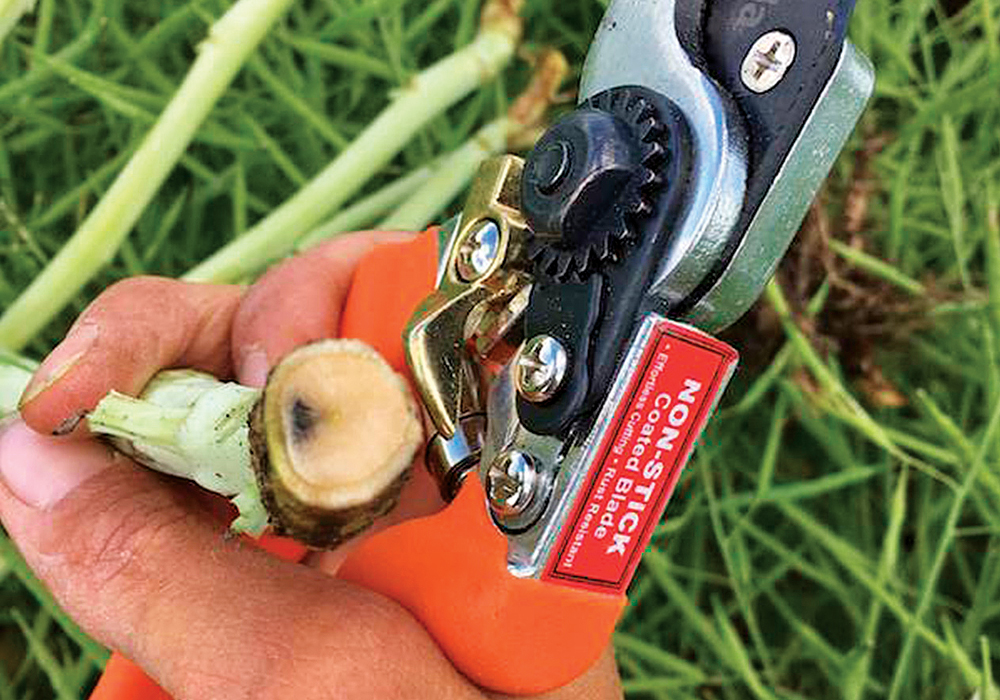When it comes to boosting oil content and yield, the solution appears to lie in slightly altering a crop’s genetic makeup.
One company, Yield10 Bioscience, is already doing this, using an advanced form of genome editing. It allows researchers to precisely delete genes in a plant’s DNA that might be hindering yield or insert genes to boost it.
“All we are really doing is improving the genetics,” said Oliver Peoples, president of Yield10, which is based in Woburn, Massachusetts.
“Once you know what to target, genome editing is powerful.”
Read Also

Alberta researcher helps unlock the economics of farming
Lethbridge Polytechnic researcher helping agriculture producers with decision-making tools in economic feasibility
He said the company’s results so far seem promising.
Other stories in the Western Canola & Pulse Crops Producer:
-
-
- Plant breeders battling blackleg with disease resistant varieties
- Measuring blackleg’s impact on profitability
- Research aims to bolster nitrogen fixation for fababeans
- New fababean varieties hit prairie market
- This company isn’t horsing around with camelina
- The rise of specialty canola oil
- Study more soybeans: researcher
- Soybeans & glyphosate-ready canola don’t mix
- Soybeans could replace pulses in rotation
- 2018 Canola Performance Trial Results (PDF)
-
Through genome editing, Yield10 managed to increase seed yield by 13 percent in canola through its yield trait known as C3003.
Using a trait called C3004 in camelina, it managed to increase seed yields by 26 to 65 percent. It plans to use C3004 in canola and soybeans to see if similar results arise.
“It’s early but we get excited by results,” said Peoples, referring to the big jump in camelina seed yield.
“In these genes, you want to achieve a 20 percent increase in seed yield and a 10 percent net increase in oil. That would be dramatic and an exciting development for growers and processors.”
He said if camelina manages to some day yield the same as canola, it could turn out to be a viable alternative for some growers.
“A lot of things are coming out here that we didn’t expect, but that’s part of the excitement of being involved in bio-tech innovation,” he said.
However, he said boosting oil content and yield for all crops would be beneficial for a number of reasons. It would give farmers more bang for their buck, increase sustainability due to using less inputs and meet the appetite of the world’s high demand for vegetable oil.
“There is tremendous economic value in boosting available vegetable oil.” he said.
“We’re lagging in supply globally, so it could increase revenue but also increase supply.”
Yield10 is in the business of licensing its technology to seed providers, such as Bayer, Corteva Agriscience, Nutrien and BASF. The companies can use the technology to develop large quantities and maximize acreage.
“We’re working on relationships with folks in Canada,” Peoples said.
“A couple of people are looking at what we’re doing.”
There is still more room to grow.
“There is an awful lot of potential we haven’t tapped into yet. We’re tapping into that inherent potential and hopefully unleash it in a way that achieves results.”
Contact jeremy.simes@producer.com


